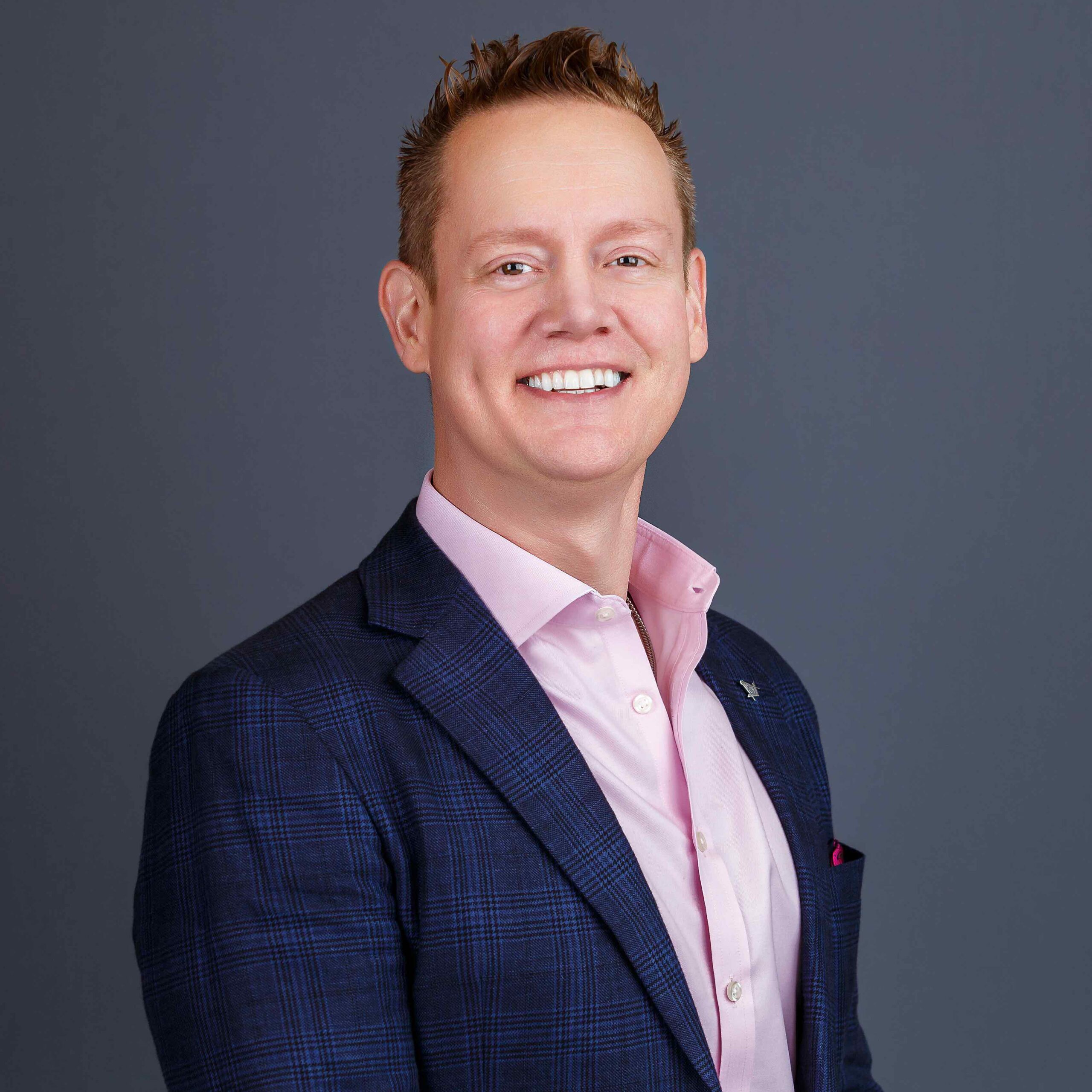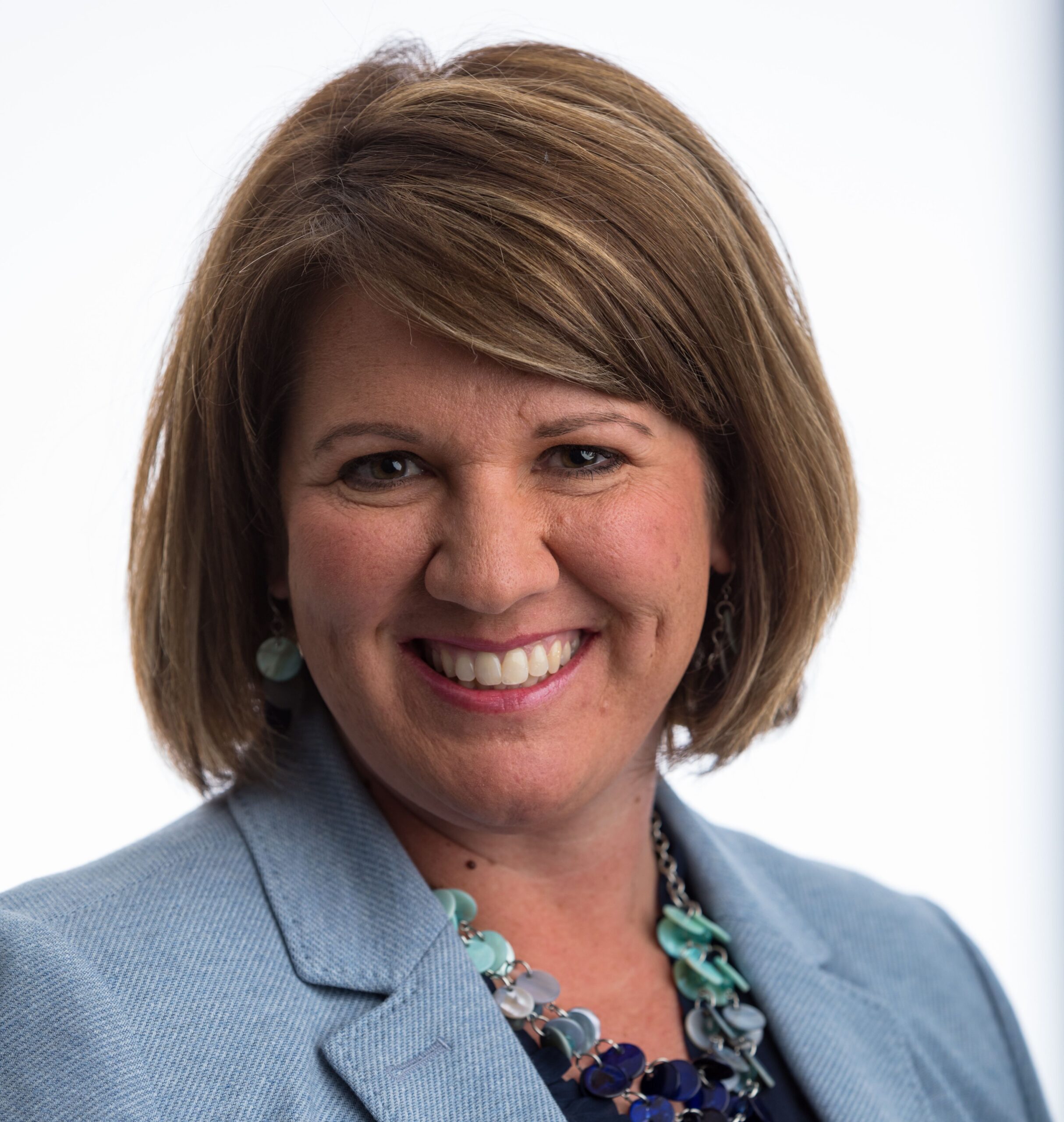“When it comes to cybersecurity, the effort level on the part of the bad guy is not any different, regardless of whether it is a large entity or small entity.” Chris Barber
My guest today is Chris Barber. Chris is the Chief Nerd at Cheaper Than A Geek IT service provider. They have demonstrated a history of providing award-winning support in the IT service industry. Cheaper Than A Geek helps small businesses save money with a smart managed IT service. As an industry leader Cheaper Than A Geek has pioneered providing cutting-edge information technology services for even the smallest companies. They have perfected the art of even one-person companies getting enterprise-grade IP support, like next-generation computer and network security, encrypted disaster recovery, and ensuring maximum uptime and efficiency. They are incredibly proud of the many customer service awards earned due to their commitment to client successes.
When it comes to cybersecurity, the effort level on the part of the bad guy is not any different, regardless of whether it is a large or small entity. There is a presumption among these bad guys that the smaller entities are less fortified, and therefore these small businesses are constantly under attack. Small companies need IT security, just as good and just as severely as big firms, but they don’t have the budget.
I have been advocating for over a decade before the pandemic that we should see more work-from-home behavior since the technology is undoubtedly present. Some of this work-from-home shift will be permanent and probably for the betterment of everybody. The security attacks are real, so we’re throwing most of our research and development behind it to stay ahead of these bad guys and keep everybody safe.
In IT and business, there are many ways to secure your environment, and a lot of it comes down to the IT provider’s philosophy. We’ve always subscribed to a school of thought that you should take security down to the computer level’s endpoint level. This turned out to be a good strategy because when everybody started working from home when the pandemic hit, they had their security in place.
Owning a business is not for the faint of heart, and I’ve always been very cautious and conservative. However, I think it was a little too careful, and if I could find a younger Chris, I’d tell him to take chances.





